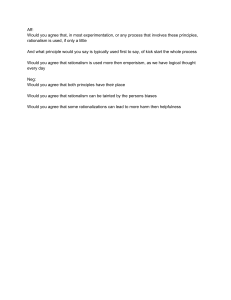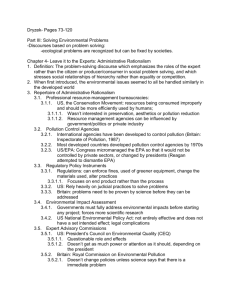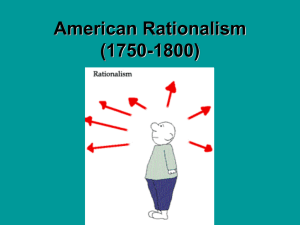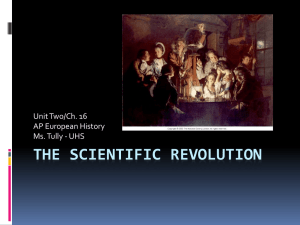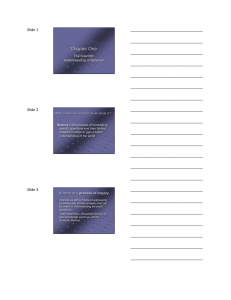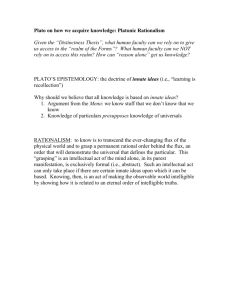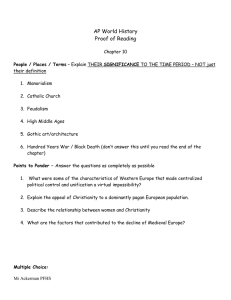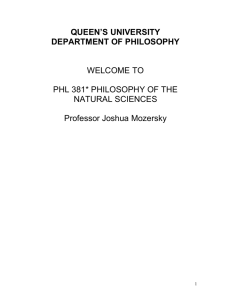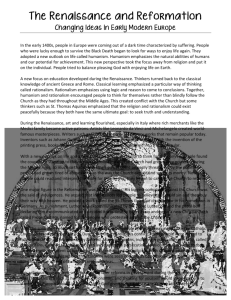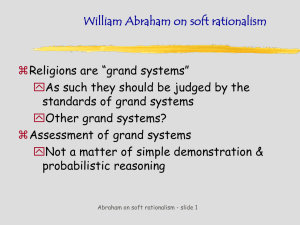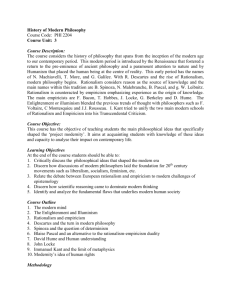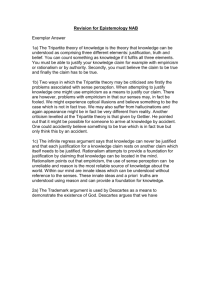outline
advertisement
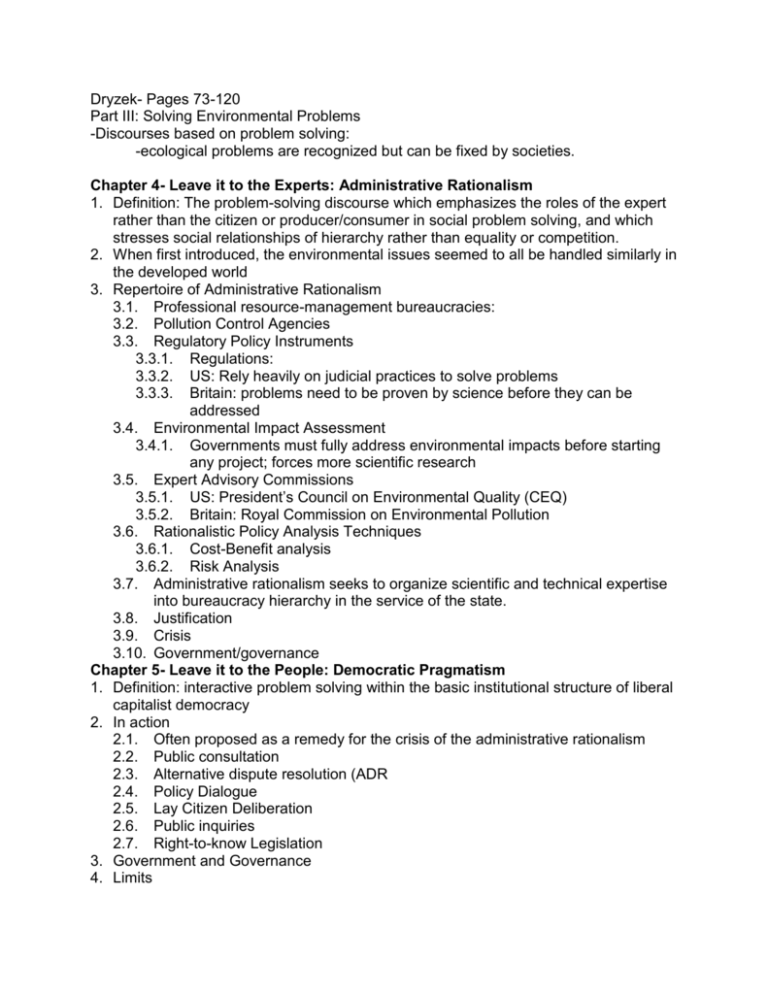
Dryzek- Pages 73-120 Part III: Solving Environmental Problems -Discourses based on problem solving: -ecological problems are recognized but can be fixed by societies. Chapter 4- Leave it to the Experts: Administrative Rationalism 1. Definition: The problem-solving discourse which emphasizes the roles of the expert rather than the citizen or producer/consumer in social problem solving, and which stresses social relationships of hierarchy rather than equality or competition. 2. When first introduced, the environmental issues seemed to all be handled similarly in the developed world 3. Repertoire of Administrative Rationalism 3.1. Professional resource-management bureaucracies: 3.2. Pollution Control Agencies 3.3. Regulatory Policy Instruments 3.3.1. Regulations: 3.3.2. US: Rely heavily on judicial practices to solve problems 3.3.3. Britain: problems need to be proven by science before they can be addressed 3.4. Environmental Impact Assessment 3.4.1. Governments must fully address environmental impacts before starting any project; forces more scientific research 3.5. Expert Advisory Commissions 3.5.1. US: President’s Council on Environmental Quality (CEQ) 3.5.2. Britain: Royal Commission on Environmental Pollution 3.6. Rationalistic Policy Analysis Techniques 3.6.1. Cost-Benefit analysis 3.6.2. Risk Analysis 3.7. Administrative rationalism seeks to organize scientific and technical expertise into bureaucracy hierarchy in the service of the state. 3.8. Justification 3.9. Crisis 3.10. Government/governance Chapter 5- Leave it to the People: Democratic Pragmatism 1. Definition: interactive problem solving within the basic institutional structure of liberal capitalist democracy 2. In action 2.1. Often proposed as a remedy for the crisis of the administrative rationalism 2.2. Public consultation 2.3. Alternative dispute resolution (ADR 2.4. Policy Dialogue 2.5. Lay Citizen Deliberation 2.6. Public inquiries 2.7. Right-to-know Legislation 3. Government and Governance 4. Limits
